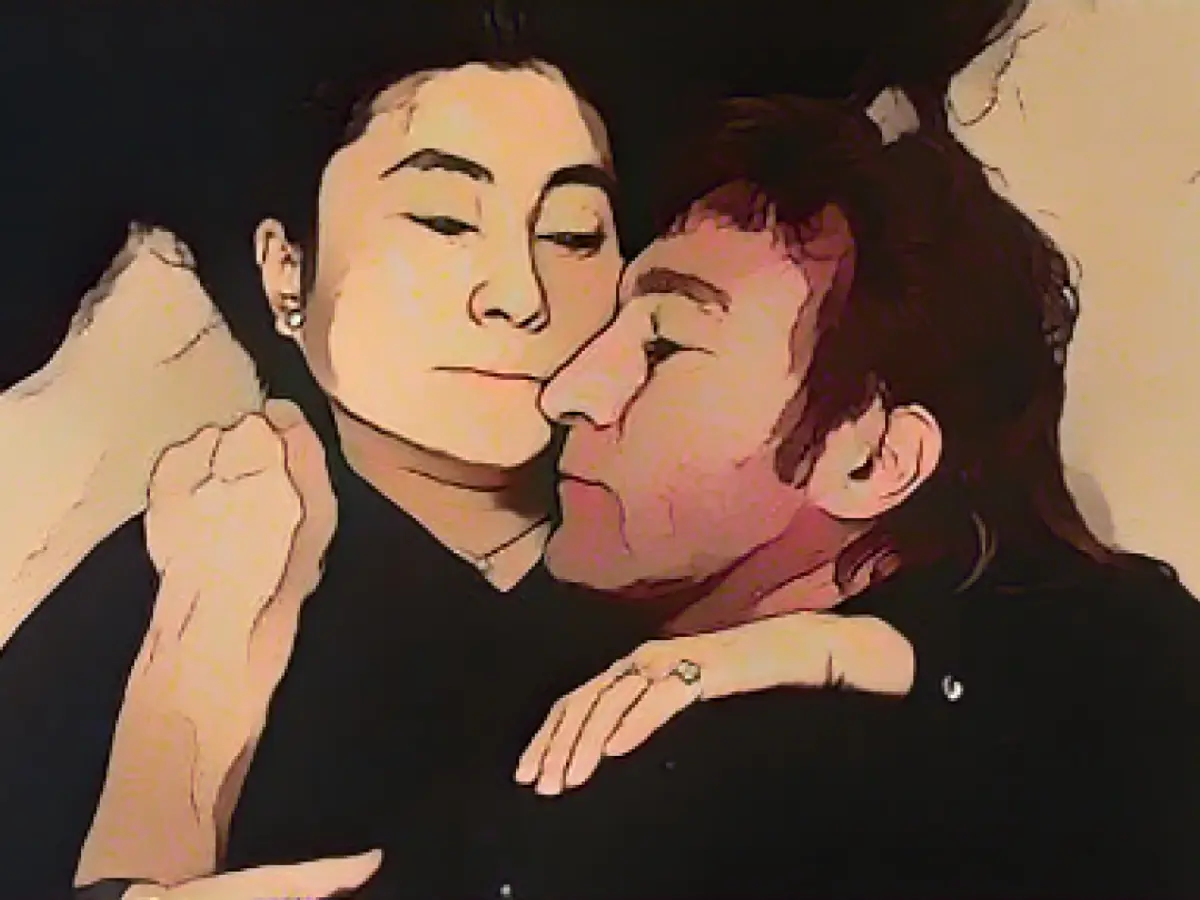43 Years Since the Loss of a Modern Pioneer: John Lennon
John Lennon, one of the century's most influential musicians and personas, born on October 9, 1940, in Liverpool, played a significant role in shaping Western music culture following World War II, together with the Beatles. His tragic and sudden death on December 8, 1980, sent shockwaves around the world, but many may wonder whether it truly halted music's evolution.
Despite the mourning that followed, time proved John's influence to be limited to the iconic era of the '60s—until one reconsiders his contributions beyond rock 'n' roll. In songs like "I'm a Loser" and "You've Got to Hide your Love Away," John introduced an honesty and vulnerability that was relatively unheard of in pop music at the time. He touched on fears, doubts, and personal experiences, even discussing his heroin addiction in "Cold Turkey" (1969) and the trauma of losing his mother in "Mother" (1970).
John Lennon's legacy continued to shape music throughout the '80s, with musicians like Coldplay, Starsailor, and Muse championing a new generation of "crybaby pop." His influence transcended genre barriers, creating the blueprint for the music labeled as pop today. Furthermore, the Beatles and their thought-provoking songwriting laid the foundation for the emergence of Britpop bands such as Oasis and Blur in the '90s.
John Lennon and Yoko Ono redefined the concept of political and private endeavors when they opened their London home to the press for a "bed-in" in 1969, with the noble intention of promoting world peace. This act expressed a transformation in how celebrities engaged with the political climate during those turbulent years, creating a new approach to celebrity activism that remains prevalent today.
In an era known for masculinity and macho stances, John Lennon turned the tables, embracing his vulnerability and sensitivity instead. His willingness to share his experiences openly made him a true modern figure, showcasing a level of transparency that previously seemed unattainable in the lives of celebrities. And even when John and Yoko spent time apart between 1973 and 1975, the media still found him irresistible, capturing his misadventures and guiding Lennon's persona as a relatable stumbling block.
Once he retired from music to focus on raising his son, John Lennon was seen as a visionary and a trailblazer, demonstrating that he paved the way for modern men to balance family life with their professional aspirations more than four decades before the notion became mainstream.
Before we move on, it's important to consider John Lennon's profound influence on pop music beyond the '60s. His solo work and activism continued to inspire generations, shaping the music world's trajectory in a multitude of ways.
- Musical Innovation: John Lennon's solo work continued to explore uncharted territories in the music world. His genre-blending approach, inclining towards folk, soul, and rhythm and blues, showed artists that creativity and innovation possessed no limits.
- Social Commentary and Activism: Lennon's commitment to providing a voice for peace, social justice, and human rights cannot be overlooked. His activism served as a muse for subsequent musicians such as Yoko Ono, who followed in his footsteps with her Plastic Ono Band.
- Legacy and Influence: John Lennon's legacy has underscored the music world's evolution by inspiring generations of artists with his messages of peace, social justice, and vulnerability. His influence extends to the psychedelic rock movement, pushing the boundaries of music and culture.
In conclusion, the impact of John Lennon on pop music went far beyond the '60s, extending to various facets such as musical innovation, social commentary, and activism, as well as the inspiration and influences on subsequent generations. John Lennon continues to serve as a beacon of enlightenment and positivity within music, leaving a timeless impact on the industry.




